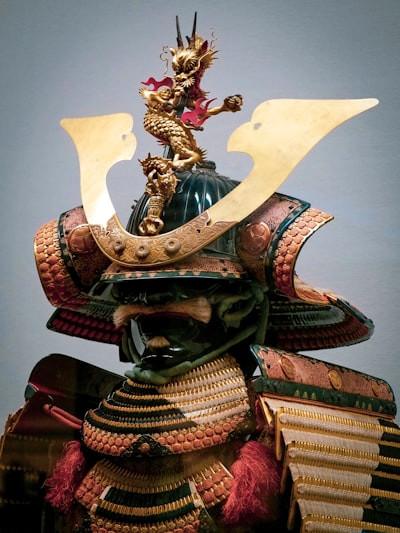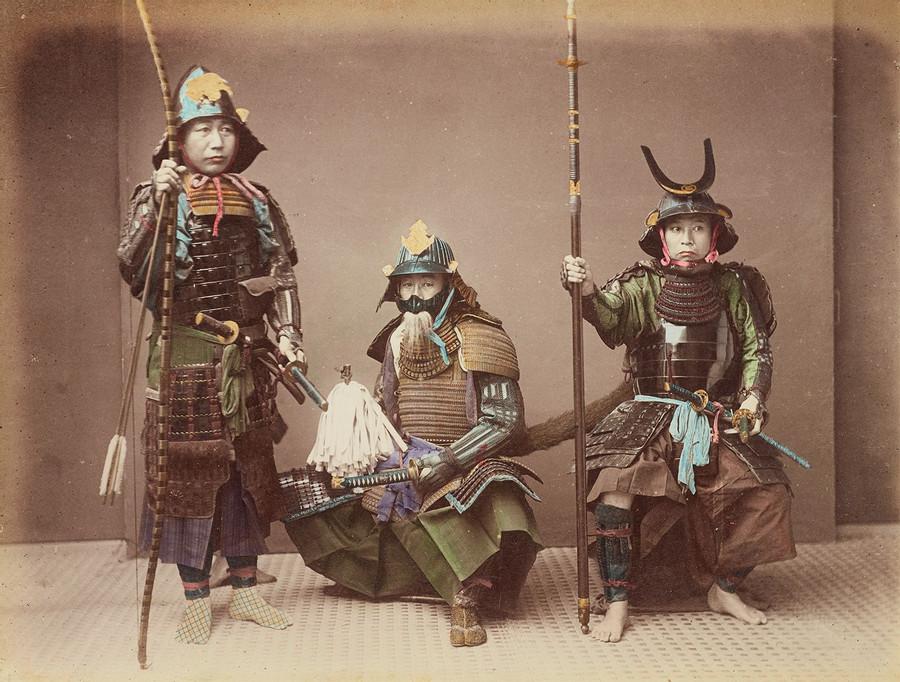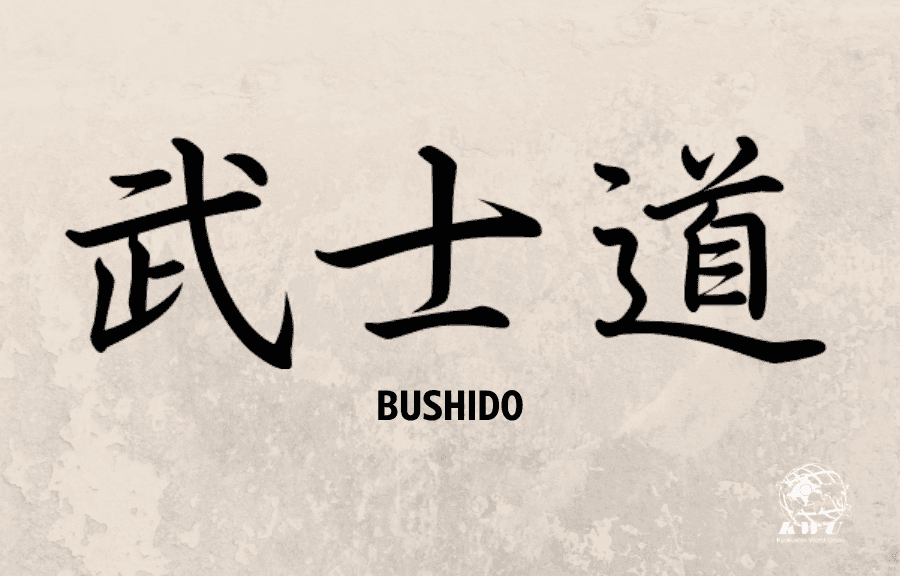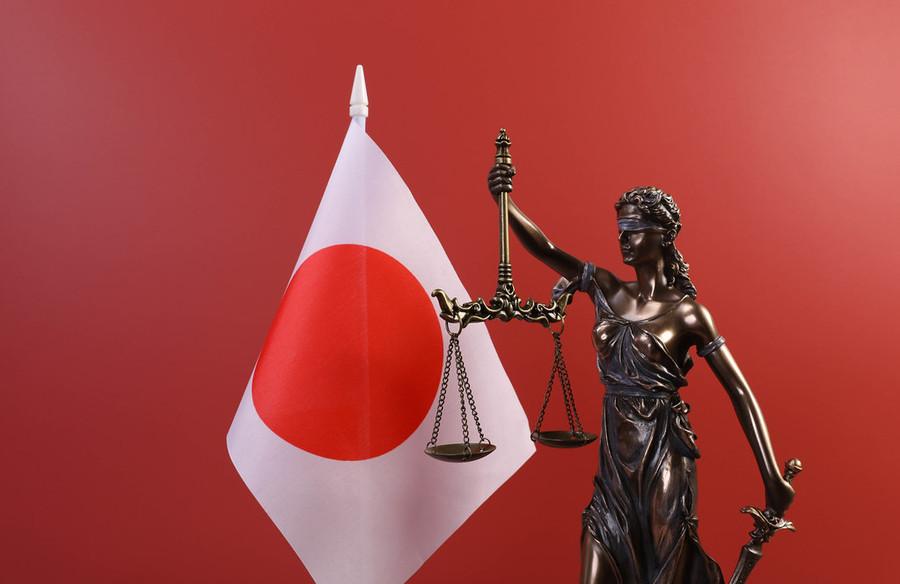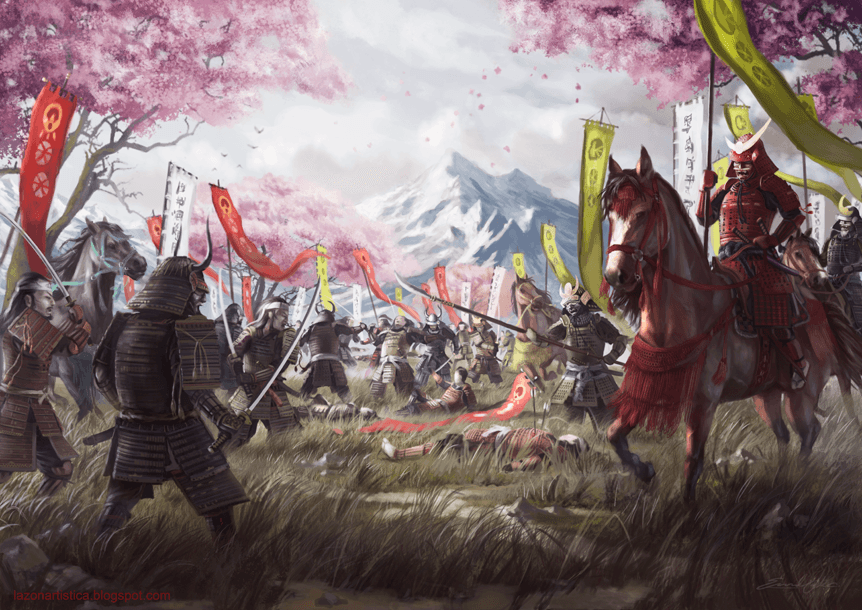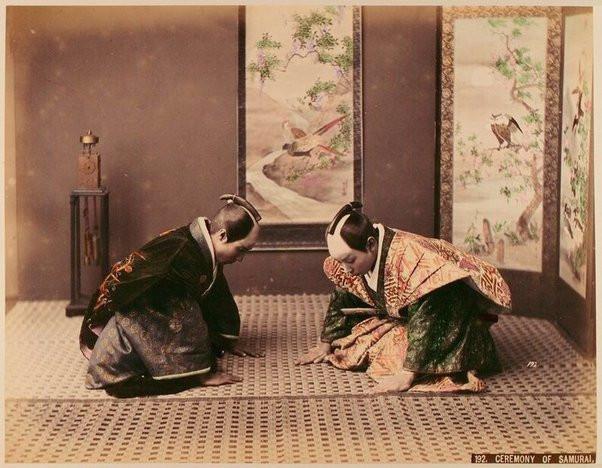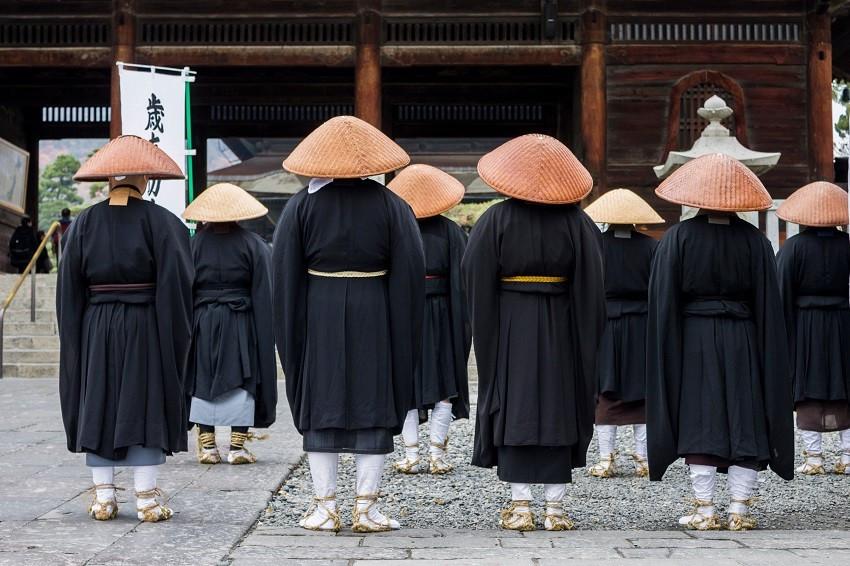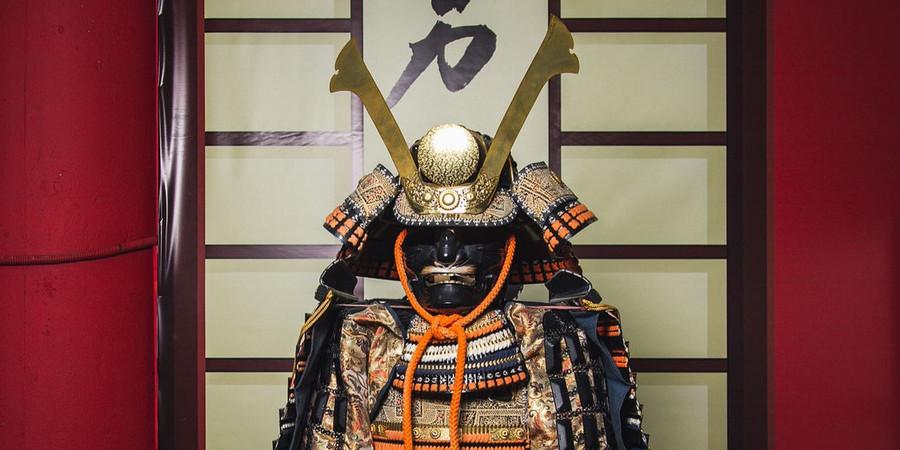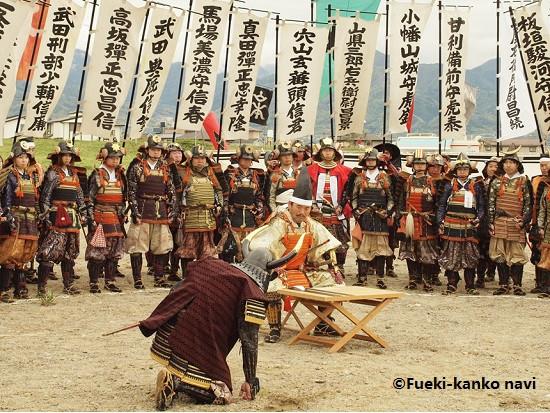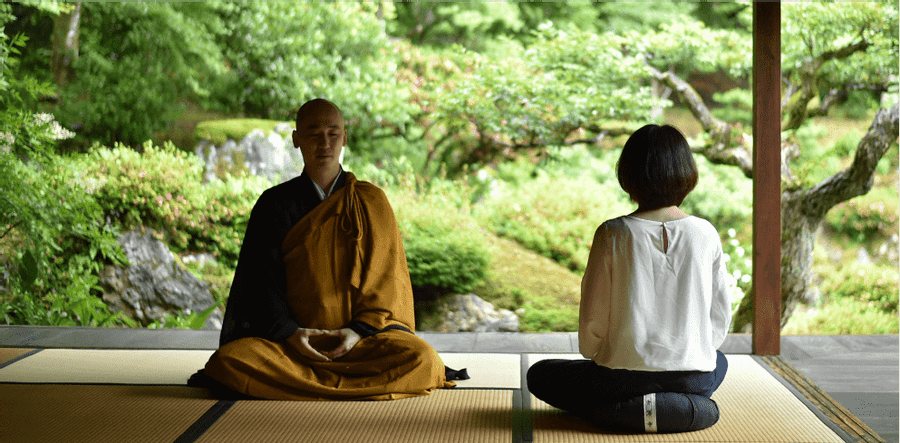Bushido: The Eight Virtues of the Samurai
Curated from: china.usc.edu
Ideas, facts & insights covering these topics:
10 ideas
·5.61K reads
36
1
Explore the World's Best Ideas
Join today and uncover 100+ curated journeys from 50+ topics. Unlock access to our mobile app with extensive features.
The Samurai
The word samurai originally meant “one who serves,” and referred to men of noble birth assigned to guard members of the Imperial Court. This service ethic spawned the roots of samurai nobility, both social and spiritual.
57
783 reads
The Bushido Code
The best of the samurai were fiercely loyal to their masters and true to the unwritten code of chivalrous behavior known today as Bushido, usually translated as “Precepts of Knighthood” or “Way of the Warrior”.
The bushido code was typified by eight virtues according to Nitobe Inazō.
57
661 reads
Rectitude or Justice
Bushido refers not only to martial rectitude, but to personal rectitude:
‘Rectitude is one’s power to decide upon a course of conduct in accordance with reason, without wavering; to die when to die is right, to strike when to strike is right.’
62
638 reads
Courage
Bushido distinguishes between bravery and courage:
Courage is worthy of being counted among virtues only if it’s exercised in the cause of Righteousness and Rectitude. In short, ‘Courage is doing what is right.’
59
589 reads
Benevolence or Mercy
A man invested with the power to command, and the power to kill, was expected to demonstrate equally extraordinary powers of benevolence and mercy:
Love, magnanimity, affection for others, sympathy and pity, are traits of Benevolence, the highest attribute of the human soul.
59
562 reads
Politeness
Courtesy is rooted in benevolence:
Courtesy and good manners have been noticed by every foreign tourist as distinctive Japanese traits. But Politeness should be the expression of a benevolent regard for the feelings of others; it’s a poor virtue if it’s motivated only by a fear of offending good taste. In its highest form Politeness approaches love.
58
522 reads
Honesty and Sincerity
True samurai, according to author Nitobe, disdained money, believing that “men must grudge money, for riches hinder wisdom.
Bushido encouraged thrift, not for economical reasons so much as for the exercise of abstinence. Luxury was thought to be one of the greatest downfalls, and severe simplicity was required of the warrior class
60
492 reads
Honor
Though Bushido deals with the profession of soldiering, it is equally concerned with non-martial behavior:
The sense of Honor, a vivid consciousness of personal dignity and worth, characterized the samurai. He was born and bred to value the duties and privileges of his profession.
58
469 reads
Loyalty
One should remain loyal to those to whom they are indebted:
Loyalty to a superior was the most distinctive virtue of the feudal era. Personal fidelity exists among all sorts of people, but only in the code of chivalrous Honor does Loyalty assume paramount importance.
58
442 reads
Character and Self-Control
Bushido teaches that one should behave according to an absolute moral standard, one that transcends logic. What’s right is right, and what’s wrong is wrong. The difference between good and bad and between right and wrong are givens, not arguments subject to discussion or justification, and one should know the difference
62
460 reads
IDEAS CURATED BY
“No man ever steps in the same river twice, for it is not the same river and he is not the same man” -Heraclitus
CURATOR'S NOTE
The Samurai code, Bushido, guided the Japanese warriors in life, battle, and death. It was the unwritten code of principles and morals, and taught obligation and honor. Although the samurai were all but gone at the turn of the 20th century, Bushido remains as a system of pride and valor in Japanese society.
“
Similar ideas
Read & Learn
20x Faster
without
deepstash
with
deepstash
with
deepstash
Personalized microlearning
—
100+ Learning Journeys
—
Access to 200,000+ ideas
—
Access to the mobile app
—
Unlimited idea saving
—
—
Unlimited history
—
—
Unlimited listening to ideas
—
—
Downloading & offline access
—
—
Supercharge your mind with one idea per day
Enter your email and spend 1 minute every day to learn something new.
I agree to receive email updates
